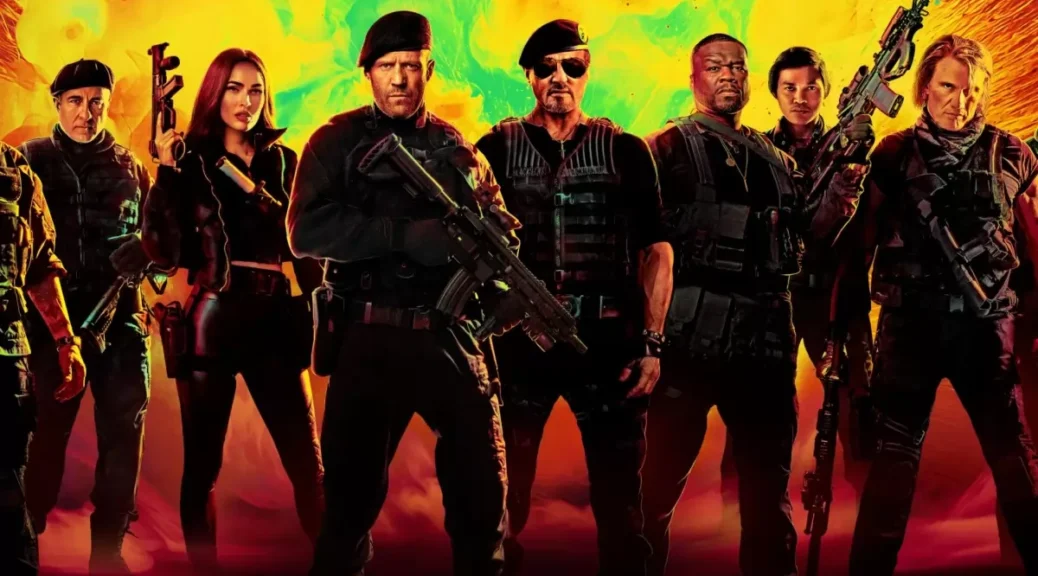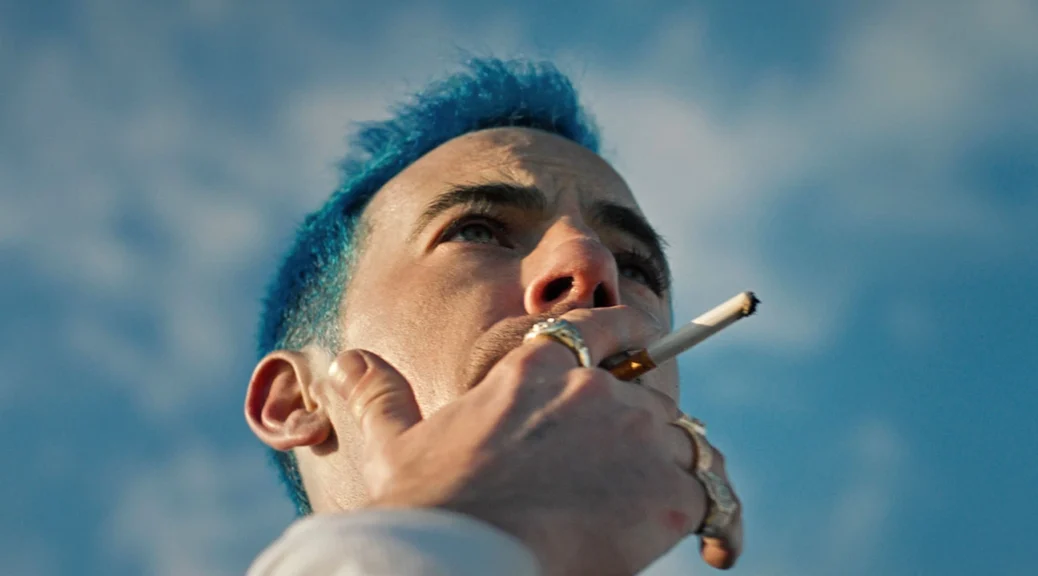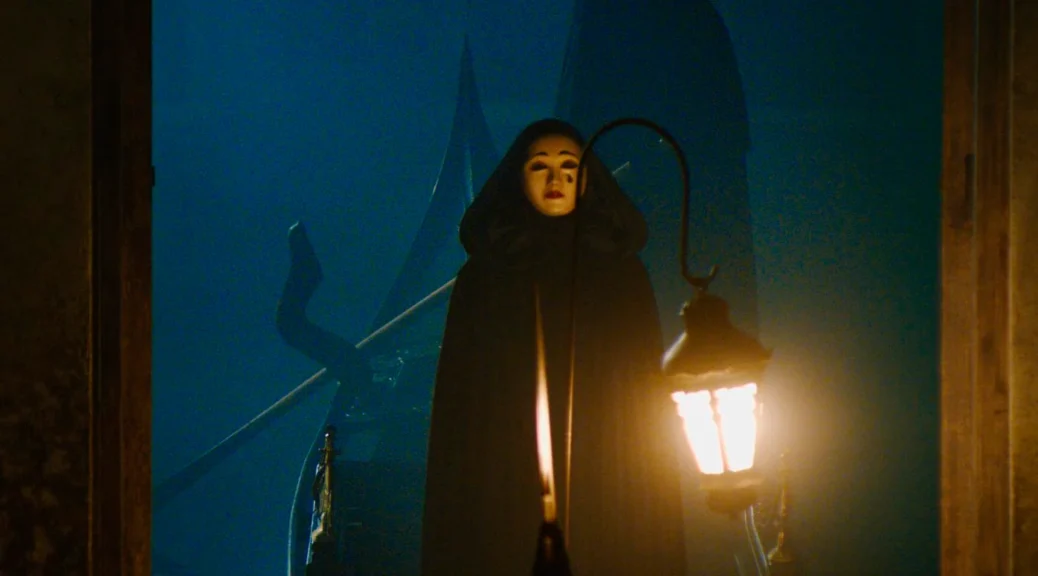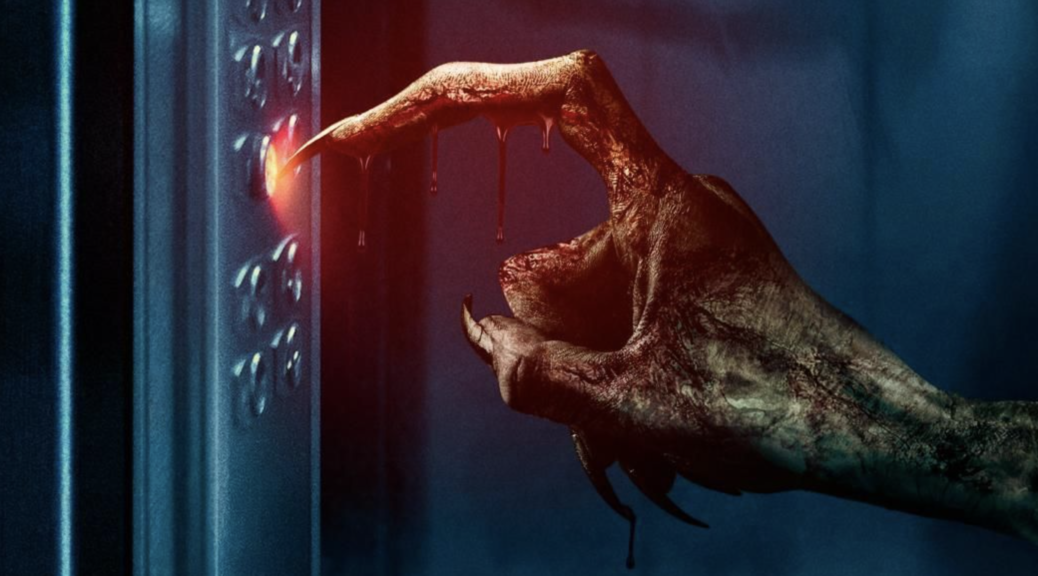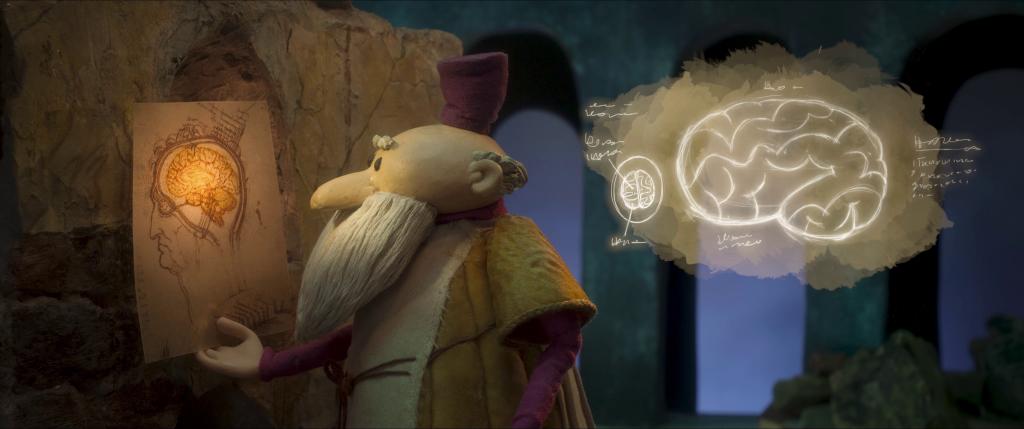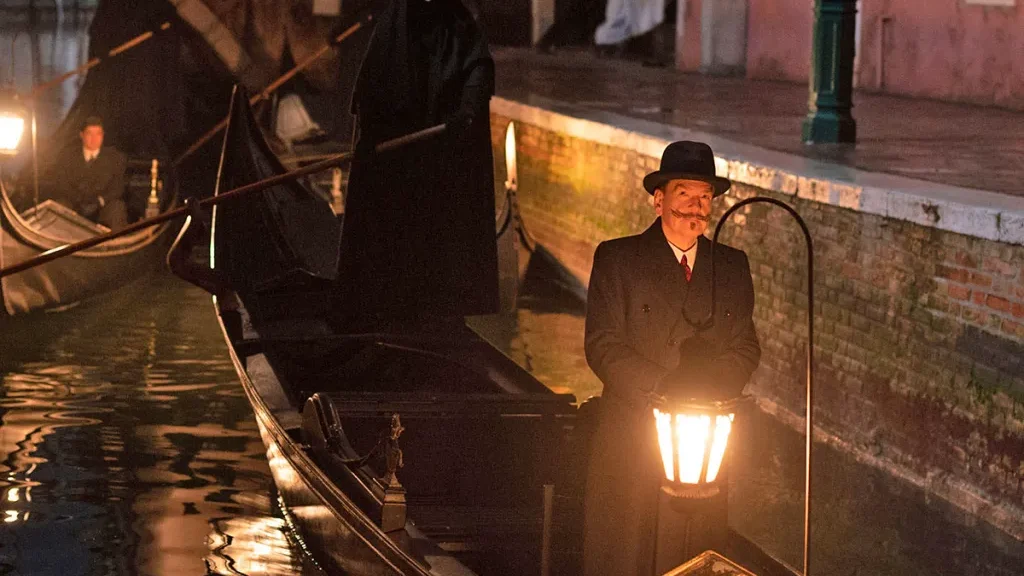The Re-education of Molly Singer
by Hope Madden
I feel a little sorry for The Re-education of Molly Singer because No Hard Feelings exists. Not that we don’t need multiple tales of helicopter parents paying aging party girls to help their socially awkward sons prepare for adulthood and college.
OK, we may not. But that JLaw one was funny as hell, so maybe?
There are definite pluses. For one, Britt Robertson has genuine talent. She was the best thing about both Tomorrowland and The Space Between Us. And she’s quite good here as an ambitious lawyer saddled with college debt and an obvious drinking problem. Molly manages to miss a court date and lose her job on the same day that her boss Brenda (Jamie Pressley, highlight of the movie) drops her only son off at college.
Brenda needs to simultaneously fire Molly and help her son, so why not hire the now-unemployed Molly to handle the latter task? Molly will go back to college and nudge Elliott (Ty Simpkins) out of his shell.
There is some funny dialog – mainly throwaway lines and pseudo sports commentary – but Todd M. Friedman and Kevin Haskin’s writing is otherwise a bit stale. It’s no No Hard Feelings.
Director Andy Palmer delivers a hodgepodge of moments from Eighties comedies, each one drawn out to a painful length. Molly Singer feels too traditionally staged, almost like a reimagining of Revenge of the Nerds, minus the homophobia and rape.
In the end, the biggest disappointment is not that it devolves into a hodgepodge of obvious hijinks but that it does not tell Molly’s story. The film opens on a montage that clarifies the obstacle she must overcome during the course of the film, but by the time the credits roll, the film has lost its way and its focus, and we have no real idea who she is, why she does what she does, or whether she’s in any real way changed.




